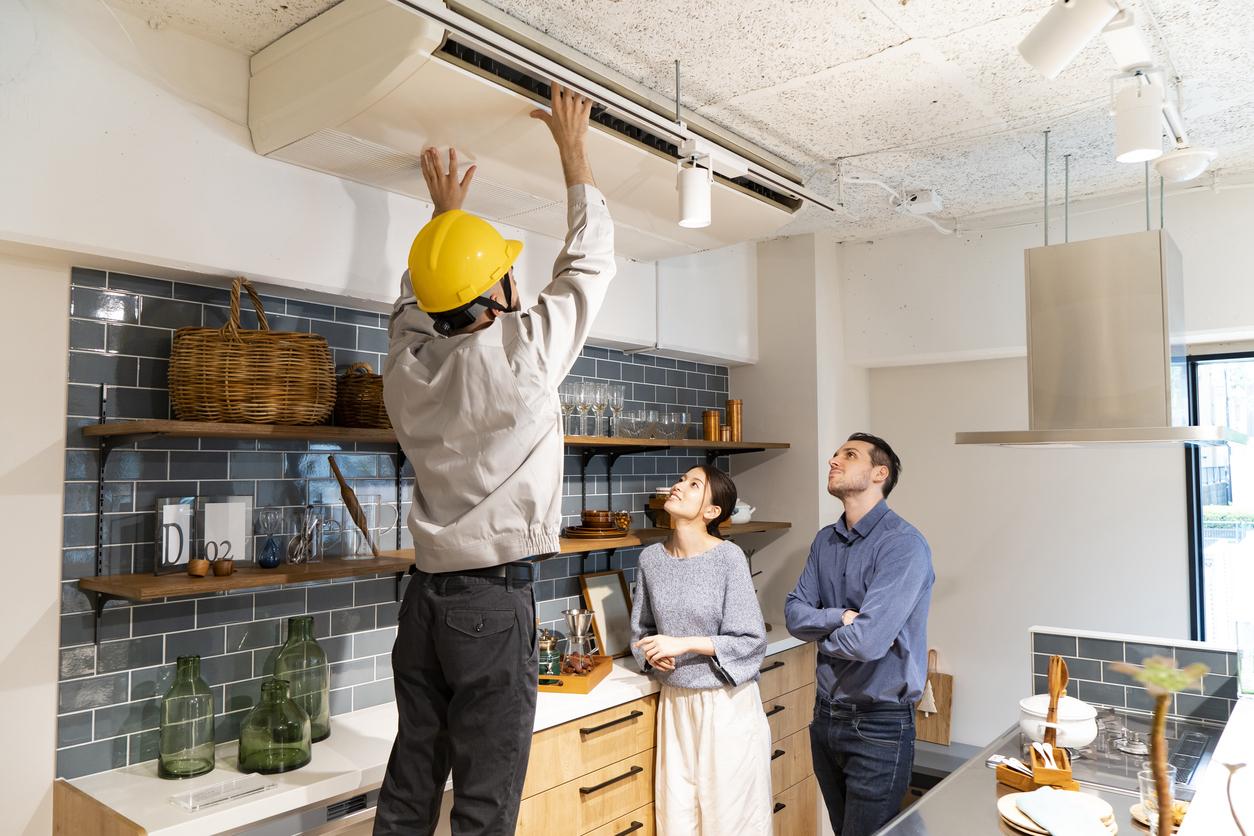
Should You Consider a Home Inspection Before Selling?
Caveat emptor: that’s Latin for “let the buyer beware.” In real estate, caveat emptor is the idea that it’s the buyer’s responsibility to make sure the house is in good working order before they close.
Many sellers embrace this concept, especially in today’s blistering real estate market. They figure that it’s up to the buyer to find any flaws in the house, and they’re not willing to pay for a pre-sale inspection when there’s likely to be a bidding war anyway. This might be a good idea in theory, but it could also lead to unpleasant surprises when the buyer’s inspection turns up things like bad wiring or a cracked foundation. With that in mind, many are wondering if sellers should consider a home inspection proactively?
Buyers Inspections Can Delay Closings or Void Contracts

When your house is listed with a real estate agent and goes under contract, you have a week to provide the buyer with disclosures on the property. In California, state law requires that you disclose any known defects to the buyer. In turn, the buyer has a 17-day due diligence period, when they can order inspections, research zoning, and environmental factors, and negotiate repairs.
Pre-sale home inspections have become popular for sellers in recent years, and there are some good reasons to consider investing in one. There are also some good reasons to let the buyer handle all the inspections during the due diligence period.
Seller Pre-Sale Inspection Pros

In a traditional real estate transaction, real estate agents encourage sellers to get a pre-sale inspection for these reasons:
Knowledge is Power
It’s a fact that most buyers get a mortgage to finance the purchase of a home. Mortgage companies require a thorough appraisal to confirm the home’s value and the sale price. While appraisals are not inspections, an appraiser checks for noticeable defects in the home (roof condition, general state of repair and maintenance, cosmetic and curb appeal) and adjusts the home’s value according to similar property sales.
This gets tricky in a hot market where houses may be selling over the appraised value. You don’t want to lose a buyer because your house doesn’t meet the contract sales price.
You Have a Heads-Up on Defects
A pre-sale inspection gives you a clear picture of your home’s general condition, so you can price the house accordingly or make the repairs. Buyers feel more comfortable buying a house that’s recently been inspected; they are more likely to bid high and waive the inspection contingency in the contract. A content buyer is more likely to close more quickly since the bulk of the due diligence is already done.
You Have Greater Control
When you consider a pre-sale home inspection, sellers have more positive consequences. For one thing, you have lots more control over the transaction. The last thing you want is for the buyer to present you with a laundry list of repairs—when time is tight, you’ll pay a premium for a quick turnaround. If you handle the fixes ahead of time, it will save you money in the long run.
You Can List for More
A new roof isn’t cheap, but it will increase the value of your house. Any big-ticket repair you invest in will likely pay for itself and then some on the sales price. Even what seems like minor cosmetic repairs can add value—replacing worn carpets, getting rid of mold and mildew, or replacing broken screens. Buyers typically want a house that’s move-in ready and will pay a premium for that.
Pre-Inspection Cons

On the other hand, your real estate agent may tell you that it is getting a pre-inspection is not worth it. For sellers in a distressed situation, you may not want to consider getting a home inspection before listing because it may cause more headaches.
Inspections Aren’t Cheap
A standard inspection of a 2,000 square foot house will run you about $400. If your home is older or larger, you’ll pay more—inspectors upcharge for more time-consuming jobs.
Then you’ve got the repair list—called cost to cure in real estate lingo—to consider and defects to disclose. Suppose you leave it up to the buyer to have an inspection done. In that case, you can honestly disclose that you don’t know the condition of the roof or the HVAC or any of a hundred things an inspector can dig up.
You Say Potato, the buyer Doesn’t Care
In a hot seller’s market, the buyer might not even care about defects in the house, or they’re going to convert the HVAC to gas, or plan to gut the kitchen. The last thing you want to do is try to read every potential buyer’s mind, so save yourself some cash and let them decide what’s important.
Sellers Don’t Need to Consider a Home Inspection With Offercity
Every homeowner’s situation is different. If you have oodles of cash and time and can afford to wait for a great offer, why not? But if you’re under the gun to sell quickly and for as little cash outlay as possible. Offercity will buy your home as-is, with no inspections or repairs required. We work with investors who expect to rehab the houses they buy so they’re not put off by even major structural repairs.
We will make a preliminary offer for your home on the spot and finalize that number after taking a virtual tour of the property. We can close on your timeline, giving you the chance to find another house before you have to move out. And in case that isn’t enough, Offercity will advance you up to $5,000 in moving expenses. Seriously–it’s the best way to sell your house. Contact us to get started.